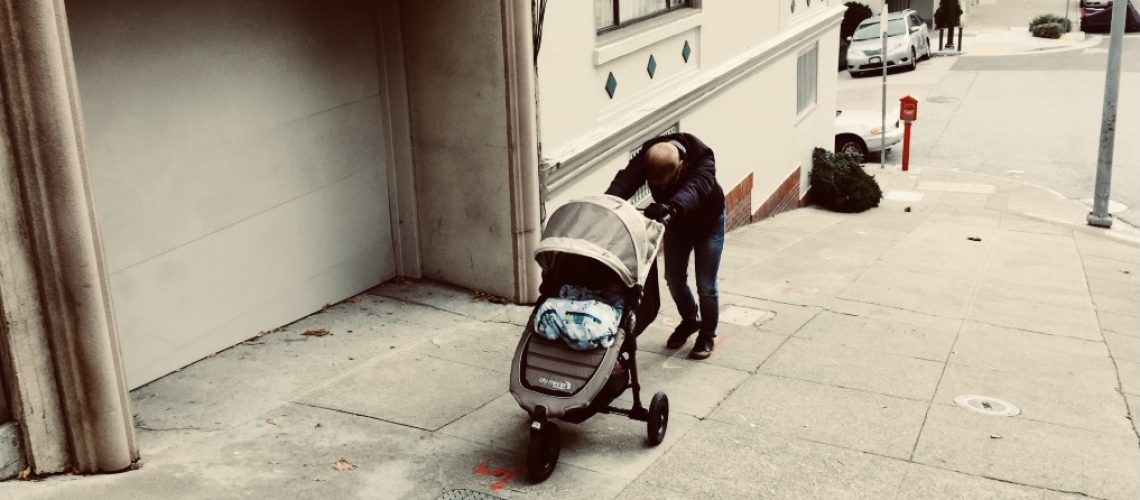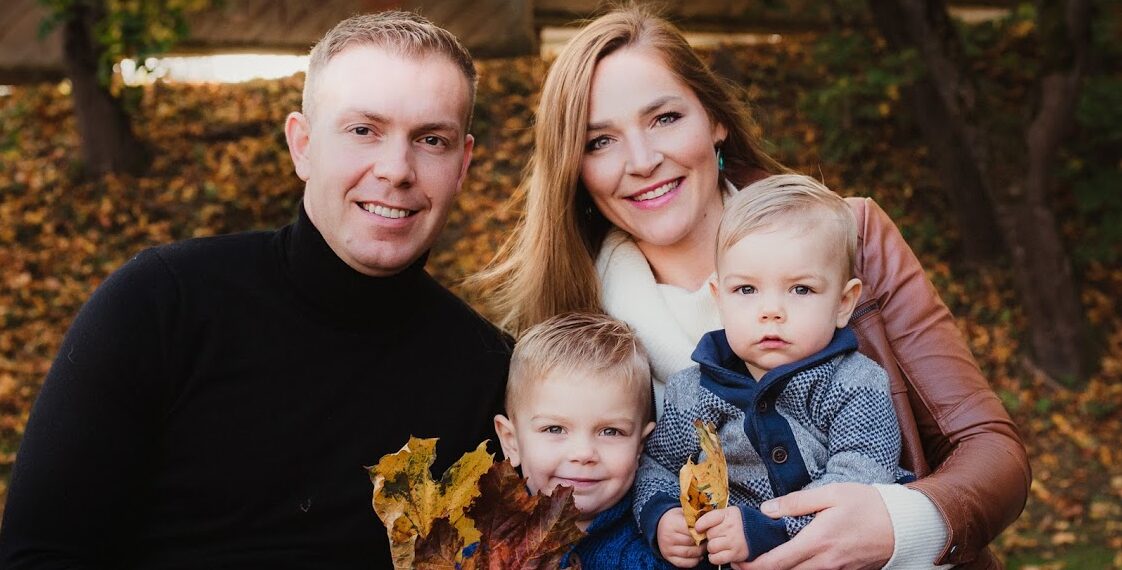Children are born into this world without any expectations or beliefs. They have reactions and instincts. As adults, we have pretty established beliefs, also optimistic or pessimistic expectations for our lives and ourselves. It’s interesting how often things go the way we expect them to.
Why do some people have it easy
There are people around us who seem to be living and doing their everyday business with such ease – everything flows; their projects go well; their children behave precisely like the parenting books say they should. Their days are happy and satisfied.
The only thing missing in their picture-perfect life is a unicorn with a rainbow coming out of its behind (like the emoticon in our phones). Or who knows, maybe they even have one of those hiding in their backyard. Even if they face some difficulties, they’re able to remain calm, cheerful, and get back on track without losing a beat. Envious? Me? What gave you that idea? 😀
Unfortunately, we also know some that are complete opposites to this. Some seem to be cursed with bad luck. Everything in their life seems to go wrong – nothing they do works out, and they have to put in what seems like an unfair amount of work to achieve even the slightest success.
So which one is it? Do we build and experience our lives according to our beliefs, or are our experiences shaping our beliefs? Interesting food for thought, isn’t it?
Optimists are more successful in life than pessimistic people
Martin Seligman, an American psychologist, spent decades researching why it’s like that. He came to an exciting conclusion. The people who succeed in everything with magical ease are optimists by nature. As he writes in his book Learned Optimism, optimism and pessimism are traits one acquires in the early years of life.
What’s even more interesting is that a person grows into an optimist or a pessimist between ages 0 – 5. What are the affecting factors? Environment – parents, teachers, etc. Why is it so important? Pessimists have a predisposition to depression under which 280 million people are currently suffering!!! Now that is a scary number.
Lots of kids believe life is meant to be hard
I recently listened to a podcast where they mentioned how many Estonian youths don’t know how to enjoy life and believe that life is supposed to be complicated. Where does such a belief come from? They’ve grown up in a pretty comfy environment compared to our parents and grandparents. The podcast brought out a good point – if parents keep sighing at home, that sends a message to the kids that life is one big struggle.
Huh, luckily, I don’t sigh like that. At least that’s what I thought! Little did I know about myself :D.
We constantly program our kids.
Let's do that consciously.Inspire Moms to Lead
How I unconsciously programmed negative beliefs in my kids
I was proven wrong on the very same day I made that announcement. I had just finished scrubbing the floors (yes, scrubbing because running a mop over the floor does nothing to erase the evidence left behind by my children’s playtime 😀 ), and I felt a nice sense of accomplishment. Cleanliness and order! Finally!
My Zen moment was cut short by my lovely three-year-old who got upset about something, and the next thing I knew, everything slowed down like we were in a Matrix movie. He flung his cup full of almond milk which was now flying through the air like a white rainbow until it hit the floor. MY FRESHLY SCRUBBED FLOOR!!!
Throwing the milk out of the cup didn’t satisfy him, so he threw the cup down after it. I sighed, SIGHED???!!! Yesss, a deep sigh just erupted out of me. I didn’t even get upset with him. I just sighed. Innocent, right? I mean, I bet nobody even noticed it. NOPE!!!
My five-year-old noticed my ¨innocent¨ sigh, and he commented: ‘Yea, cleaning is hard work.’ And then, I realized that I am creating a picture for my kids right now of how life truly is hard. Quickly, Annika, come up with a reason why cleaning isn’t hard but awesome…???!!! Okay, I know it’s a hard sell, haha, but luckily I am a professional.
‘Mmmm, cleaning is good! When you clean your home, you also clean your soul,’ I quickly said. I continued to clean up the milk with a Broadway smile on my face and made it seem easy as pie. Okay, boys, grab your towels, and the army of street cleaning cars will get to work.

This incident made me think if there are any other beliefs that I have programmed into my kids’ subconscious without knowing. For example, I discovered that whenever they’re upset about my husband working all the time (ALL THE TIME for them is when they want to play exactly when daddy’s on a conference call…how rude of him :D), I tell them that we have to work to make money so we could afford the comfortable life we have.
I’M DOING IT AGAIN! I’m programming them to believe that you need to work to get money and not because you like what you do. Even though my husband likes what he does, then admitting that to our children seems wrong somehow.
It’s like saying he prefers work to them. I realized that I want my children to do something because they love it, not the money. There’s a reason they say that if you love what you do, then you won’t work a day in your life. Oh, Annika, you have a lot of work to do on yourself!!!
What kinds of beliefs have you unknowingly created for your children (and maybe even for yourself)?
- Is life easy or hard?
- Is working pleasurable or challenging?
- Is it easy or hard to keep the house in order?
- Is raising kids easy or difficult?
It is not only our kids and ourselves that we program. We do that to everyone around us – at home, in the workspace, etc. Also, people around us do program us, too. That’s why it is so important to pay attention to who you hear and listen to.
I decided that I would live my life with a newly found joy and ease And I am going to try passing it along to my children as much as possible. I won’t always be 100% successful but at least I’m more aware now and I’m trying. At the end of the day, I want to raise my children to be cheerful people who don’t spend their days sighing from sunrise to sunset but instead know how to enjoy life!
With Love,
Annika
P.S. If you got at least one idea out of this post, share this article with at least one other person who could also benefit from reading this. Everybody loves a boost of positivity! Thanks and talk to you soon:)










